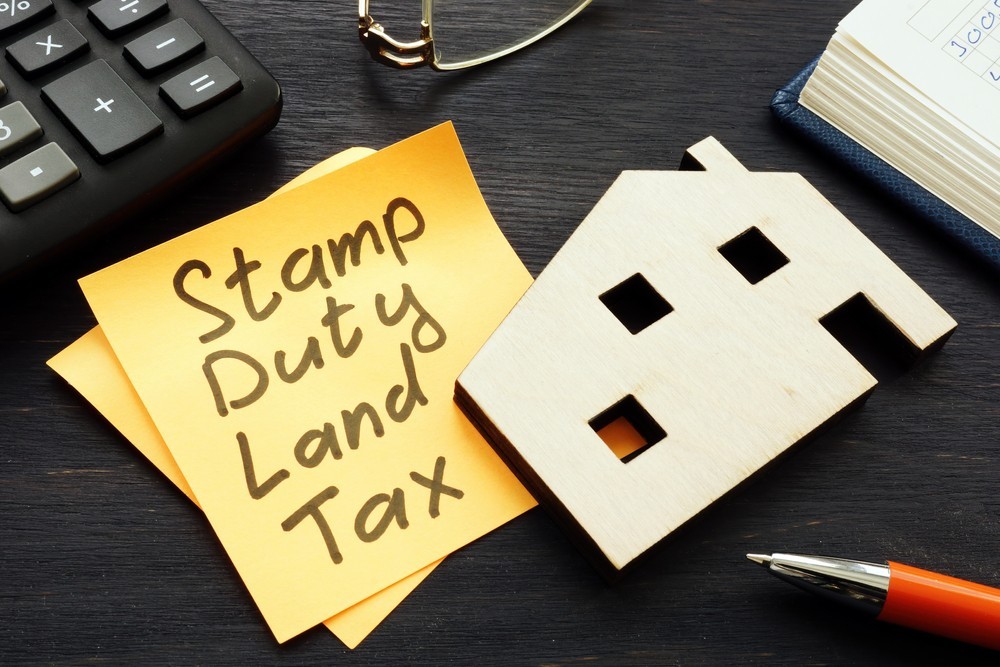
Written by: Will Thompson on 23rd August 2023

When buying a property at auction it is important to consider and calculate all the associated costs and an important one to keep in mind is stamp duty. That is also the case when you are acquiring a property via auction, though there are some special considerations to keep in mind.
When you buy a property an online auction, it’s prudent to keep a clear view of the various costs involved, such as solicitors’ fees, surveyor’s costs, renovations, removals, insurance, mortgage arrangement fees and stamp duty.
The circumstances of buyers participating at auction vary considerably, from first-time buyers, those moving from one house to another, individuals looking to buy their first buy-to-let property or those building property investment portfolios. These circumstances impact stamp duty rates significantly.
Calculating stamp duty is important and the amount you pay will vary according to specific factors, such as whether you’re a first-time buyer, whether you’re buying a property that will not be your primary residence and crucially, the price of the property that is being paid.
To give it its full name, Stamp Duty Land Tax is a levy to be paid to HMRC (HM Revenue & Customs) when you purchase a property. When you sell a property – especially for a profit - you can be subject to capital gains tax, but that is a subject for another day.
Usually solicitors take care of paying the stamp duty on a property, as part of the purchase completion process.
The specific rules and regulations around stamp duty do differ on properties purchased in Wales and Scotland, with rules in Northern Ireland being the same as in England. The government announced in their 2022 autumn budget that they would next update the Stamp Duty regulations in April of 2025.
Properties that are bought for less than £40,000 are exempt from stamp duty. In England and Northern Ireland, as of September 2022 when the regulations were last updated, no stamp duty is due on the first £250,000 of a property’s sale price and this applies to auction purchases and open market purchases.
If the person, or persons, buying the property (via auction or otherwise) are first time buyers there is then no stamp duty due on the first £425,000 of the property price.
The standard rates for Stamp Duty in England and Northern Ireland are as follows if the buyer is not purchasing a second property:
If the purchaser is acquiring a second (or additional) property they would pay 3% on a property priced at £250,000 or less, then 8% (on £250,001 to £925,000 sales), 13% (on £925,001 to £1.5 million sales) and 15% on sales over £1.5 million. Non-UK residents pay a further 2% on top of these rates.
A stamp duty rate of 15% applies on homes that cost over £500,000 and that are bought by to companies as opposed to individuals.
Stamp Duty is due to be paid to HMRC within 30 days of the property sale completion date, so speak with your solicitor about how to handle this, or contact one of the expert team here at Pugh about how stamp duty works specifically when you purchase via auction.
Written by: Will Thompson on 23rd August 2023